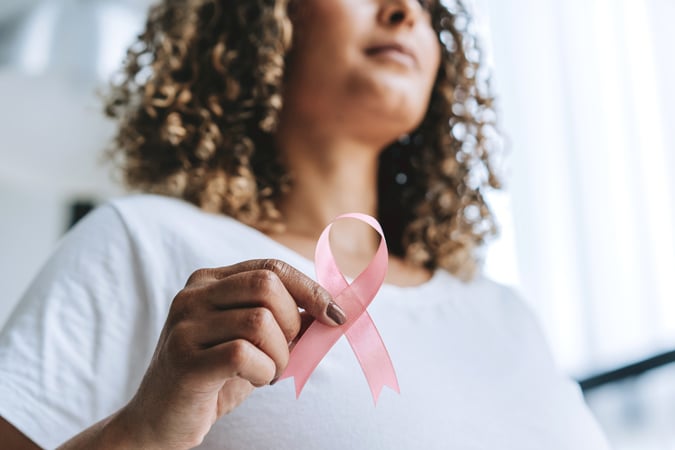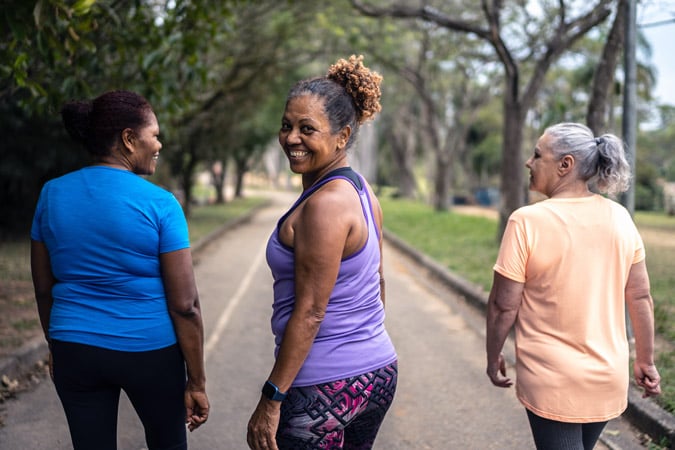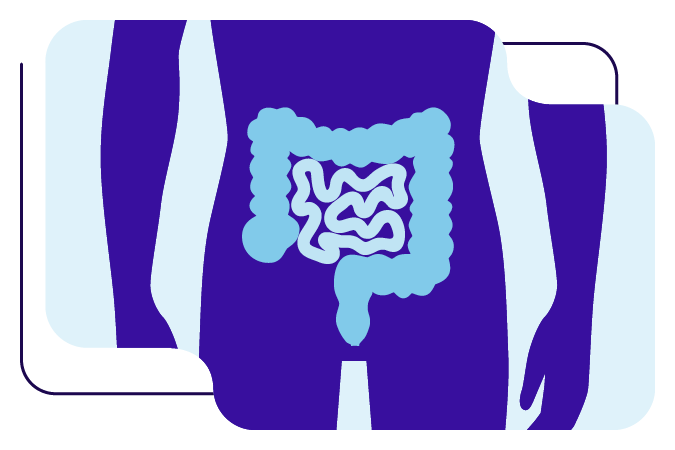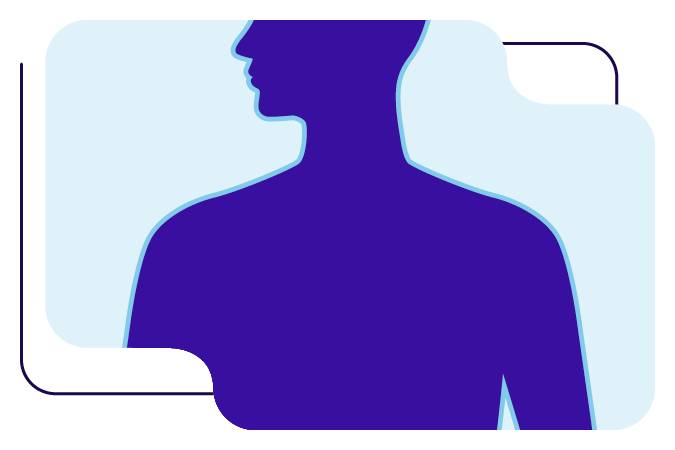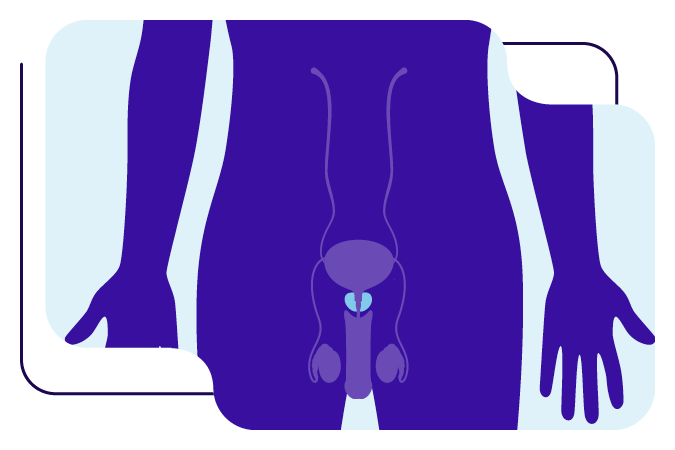Living with and beyond breast cancer
Find out how diet and lifestyle can support your health and wellbeing if you’re living with and beyond breast cancer
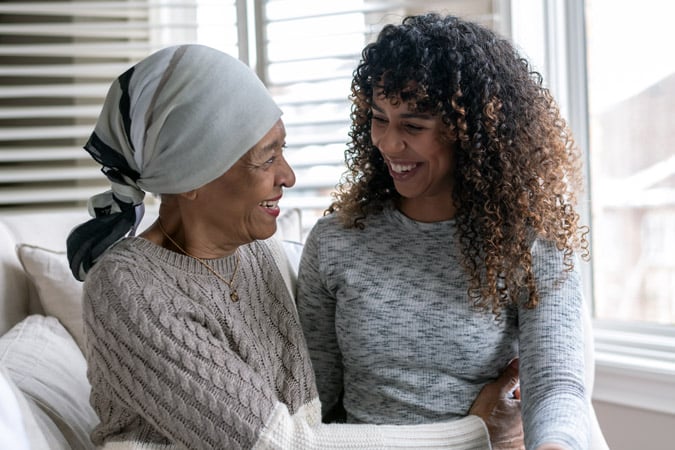
On this page
Living well after a breast cancer diagnosis
Being diagnosed with breast cancer and going through treatment can be a challenging time physically, mentally and emotionally.
There’s growing evidence that the choices you make after a cancer diagnosis can support your recovery, improve your quality of life and potentially reduce the risk of your cancer coming back (recurrence).
What the research says: diet, lifestyle and breast cancer
Our most recent review of the evidence looked at the relationship between diet, nutrition, physical activity and body weight for people living with and beyond breast cancer.
These findings build on our Third Expert Report (2018), which recommends the following:
Follow our Cancer Prevention Recommendations
If you are living with and beyond breast cancer, it’s helpful to follow our Cancer Prevention Recommendations if you can, as they may also support your health after diagnosis.
We also suggest not smoking. Smoking can make symptoms and side effects from treatment feel worse. It can slow down how quickly your body heals after treatment and make it more likely for the cancer to come back or for a new cancer to develop.
Everyone’s situation is different, so it’s important to follow any advice your healthcare team gives you. If you’re worried or unsure about anything, they’re always the best people to talk to.
Be physically active
Research shows that being physically active improves your quality of life after a breast cancer diagnosis. Being active is safe for most people living with cancer and can improve fatigue, mental wellbeing and support your strength and recovery. Just remember to start gently and build up slowly, with guidance from your cancer care team.
- Find out more about exercise after breast cancer treatment
- Try gentle exercises you can do at home during or after treatment
- Get tips on what to eat to support your activity goals after a cancer diagnosis
Increase fibre
There is some evidence to show that those who eat more fibre may have a lower risk of death by any cause after a breast cancer diagnosis. Try adding more fibre-rich foods to your diet such as fruit, vegetables, pulses (like chickpeas), wholegrains (like wholemeal bread), nuts and seeds.
Soy and breast cancer
Some research suggests that eating soy foods may reduce the risk of death by any cause and lower the risk of breast cancer coming back after a breast cancer diagnosis. Although many people believe soy is linked to an increased risk of breast cancer, there’s no strong evidence of this link.
If soy is already part of your diet, there’s no need to stop.
Vitamin D and breast cancer
Some research suggests that having higher levels of vitamin D in your body may reduce the risk of death by any cause after a breast cancer diagnosis.
However, there’s no strong evidence that taking vitamin D supplements provides any benefits after a breast cancer diagnosis, so we don’t recommend you take vitamin D supplements especially for breast cancer. Check in with your cancer care team before taking any supplements.
Be a healthy weight
Keeping to a healthy weight after a breast cancer diagnosis may reduce the risk of death by any cause and lower the risk of the breast cancer coming back or of a new, separate breast cancer developing.
Try to keep a healthy and stable weight after your breast cancer diagnosis. Losing a lot of weight or gaining too much can both be bad for your health. If your weight changes a lot, talk to your cancer care team. They can help and give you advice.
Eating well after a breast cancer diagnosis
Being diagnosed with breast cancer and undergoing cancer treatment can cause a range of side effects that affect your appetite and how much you are able to eat. Our Eat well during cancer guide offers practical tips to help you manage these changes.
What’s inside:
- Answers to common questions about diet during cancer and treatment
- Tips to manage side effects like taste changes, nausea or weight loss
- Recipes designed to ease side effects
- Inspiring stories from others living with cancer
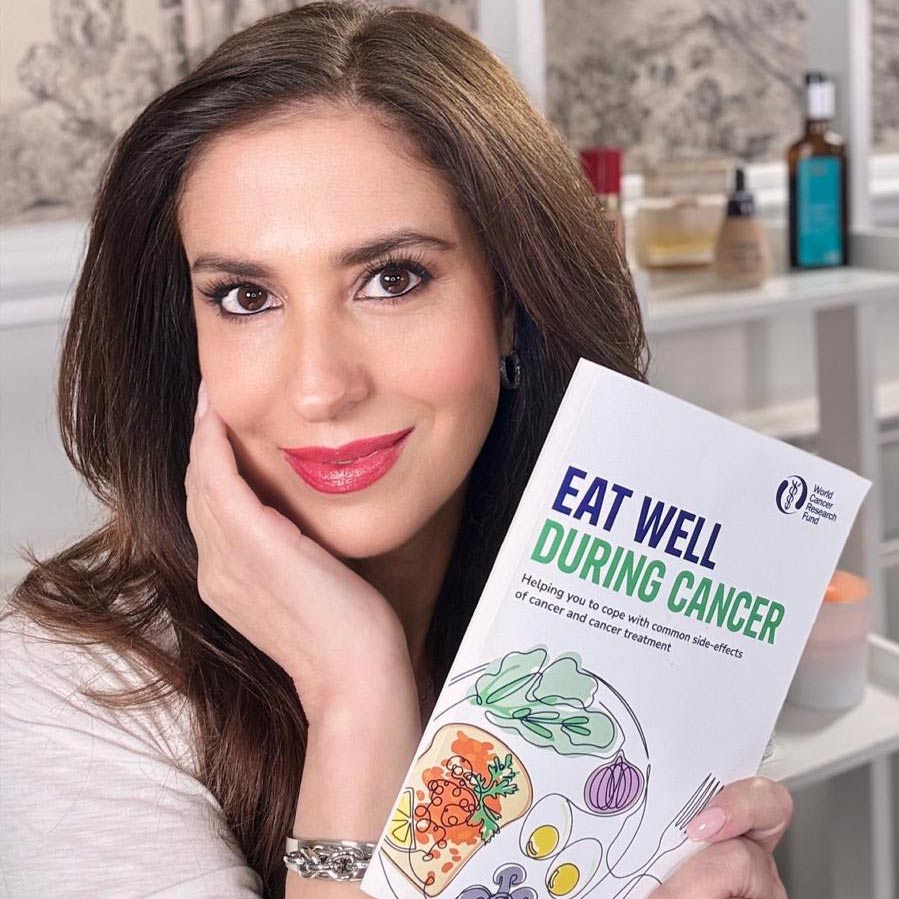
As someone who has had breast cancer, I have learned to put my health and wellbeing first.

After surgery, I faced months of fatigue. Staying hydrated, eating a healthy, balanced diet, avoiding added sugar, and cutting out alcohol helped me prevent energy slumps and sluggishness.

Light activity and fresh air such as nature walks, yoga and meditation have also worked wonders in increasing my energy levels and sense of well-being.

Most importantly, I listened to my body. When I felt overly tired, I rested as needed, even if it meant taking a break or power nap
For more on life after treatment, visit Breast Cancer Now.
Support from us
Cancer and Nutrition Helpline
Our oncology specialist dietitians are here to help you with any questions you have about eating well before, during or after cancer treatment. Whether you’ve lost your appetite, are struggling with side effects or just don’t know what to eat, we’re here to support you. Calls are free from all mobile phones and landlines or simply submit your question online and we’ll get back to you.
Cook Through Cancer classes
Join our free, award-winning online cooking sessions run by a professional chef and oncology specialist dietitian. These sessions are open to anyone affected by cancer including carers, family and friends, and offer support, connection and practical skills in the kitchen. For more information, visit our Cook Through Cancer classes page.
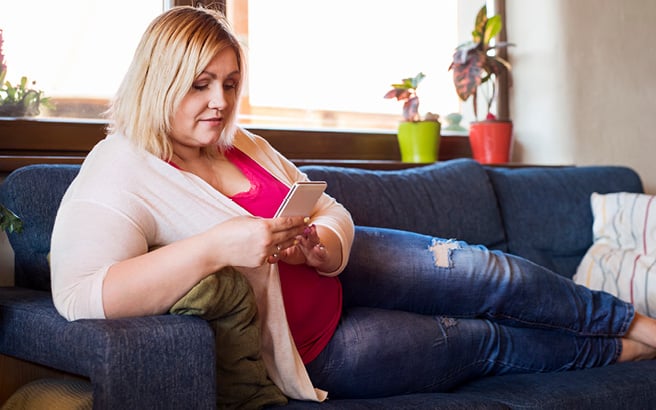
Get our living with cancer enews
Sign up for the latest practical advice on diet and lifestyle after a diagnosis, how to manage side effects, inspiring stories, our latest research and ways you can support our work.
More breast cancer information for you
-
References
- World Cancer Research Fund International. Diet, nutrition, physical activity and body weight for people living with and beyond breast cancer. The latest evidence, our guidance for patients, carers and health professionals, and recommendations for future research. 2024. Available at: https://www.wcrf.org/research-policy/library/breast-cancer-survivors-report/
- World Cancer Research Fund/ American Institute of Cancer Research. Continuous Update Project Expert Report 2018. Survivors of breast and other cancers. Available at: https://www.wcrf.org/research-policy/library/breast-cancer-report/
- Giving up smoking – Macmillan Cancer Support [Internet]. Available from: https://www.macmillan.org.uk/cancer-information-and-support/treatment/coping-with-treatment/giving-up-smoking
